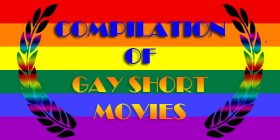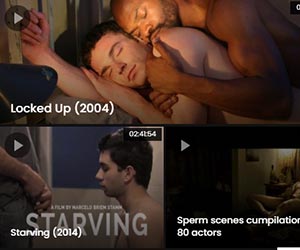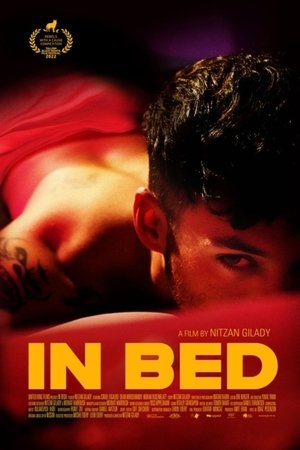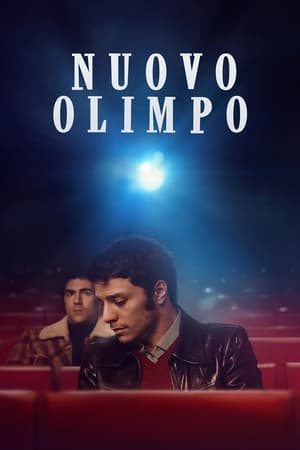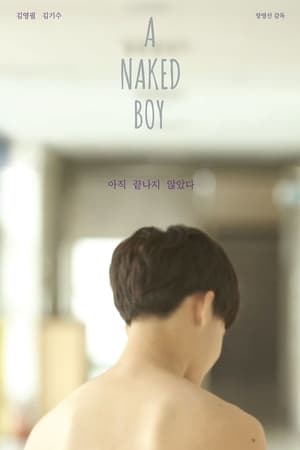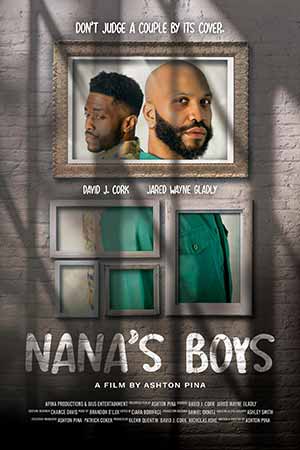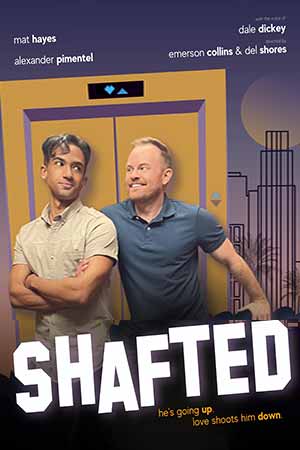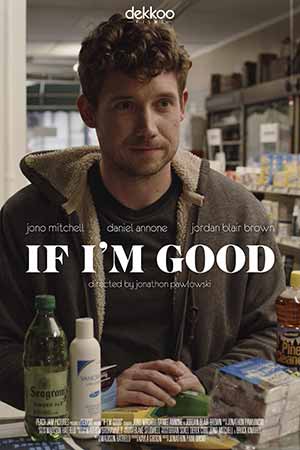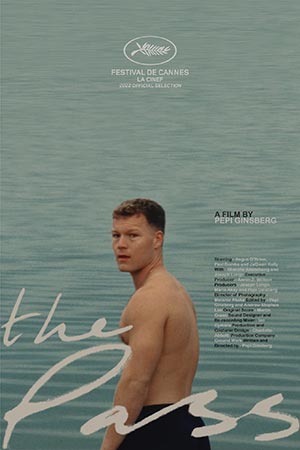Plainclothes (2025): Forbidden Touches in a Broken System
Plainclothes (2025): When a Cop Meets a Priest and Sparks Burn Quietly
“Plainclothes” (2025) is the kind of film that takes your heart, puts it in a metal locker, and whispers: “You sure you want to keep watching?” And of course you do. Because it’s raw, painful, tender, and so human that you catch yourself leaning forward as if you’re listening to a secret someone shouldn’t be telling.
The story takes place in 1990s New York – the era when public restrooms were battlegrounds, not because people were doing anything dangerous, but because the police decided that queer desire needed to be hunted down like contraband. And right there, in the middle of this moral apocalypse, we meet Lucas Brennan (Tom Blyth), a young NYPD officer who works undercover to lure gay men into “illegal acts.” Translation: he flirts with them, then arrests them. Imagine destroying people’s lives for responding to a smile. Welcome to America, 1995.
Lucas – the man who wears two uniforms
Lucas moves through the film like someone who has learned not to breathe too loudly. He carries his shame like a badge – one he didn’t ask for, one he can’t take off. He’s closeted so deep he’s practically in storage, somewhere behind the Christmas decorations and a broken microwave. His job requires him to pretend he’s looking for connection, when in reality he’s dying for it.
There’s a moment early on when another officer says to him: “Just get the arrest, Brennan. Don’t get involved.” And you can see it in Lucas’s eyes – he’s already involved. With all of it. With himself, with the men he deceives, and with the lie he calls a life.
Andrew – the priest who can’t pray this away
And then comes Andrew (Russell Tovey). A soft-voiced, warm-eyed priest who walks into a public restroom like a man who hasn’t slept properly since 1987. You can feel the conflict radiating from him. Not the cheap “oh no, this is forbidden” kind of conflict. The real one – the one that eats you slowly.
Andrew is a man who has spent years being everyone’s moral compass while quietly losing his own. He counsels people about purity, forgiveness, and honesty, all while denying the most human part of himself. And then he meets Lucas – another man hiding so badly that even the shadows know his name.
There’s a line Andrew says, whispered like it’s a sin in itself: “Do you ever feel like God made a mistake with you?” And Lucas, without thinking, replies: “Every damn day.”
Their connection – fragile, dangerous, real
What Lucas and Andrew share isn’t some grand Hollywood romance. It’s smaller, quieter, more fragile. It’s two people who recognize the loneliness in each other. Two men who stand close enough that their secrets start breathing the same air. Even when they talk, they talk like they’re afraid the walls will report them.
There’s a scene where Andrew gently touches Lucas’s wrist – nothing sexual, nothing bold – just a soft, human touch. And Lucas jerks back like someone burned him. Because that one tender moment feels more dangerous than anything else in the film. And honestly? It probably is.
The system – the real villain
The cruelty in this story doesn’t come from the characters. It comes from the institutions that own them. The NYPD doesn’t just enforce the law – it invents shame and sells it as justice. The Church doesn’t guide Andrew – it cages him. Both systems punish desire, not crime.
Watching Lucas arrest men whose only “offense” is wanting touch is deeply upsetting. And the film wants you to be upset. It wants you to remember that queer history is full of wounds we still underestimate. What makes it worse is knowing that many of those men never got to tell their stories. This film becomes one small act of giving them back a voice.
Why this film matters
Plainclothes doesn’t just expose cruelty – it strips it naked. The film shows how the police go after queer men not out of strength, but out of pure cowardice. These officers hide behind badges, rules and “duty,” because without that armor they have nothing. They’re bullies who need the system to feel powerful. And honestly, the darkest part is this: some of them look like they’re furious at gay men because they never had the guts to admit those same desires in themselves. So they punish others for a freedom they’ll never dare to take. It’s pathetic, vindictive, and exactly how broken people break others.
And in that darkness, Lucas and Andrew still manage to find a moment – just a moment – where they look at each other like two people who finally feel seen. And for queer viewers, that’s the part that hurts the most: the beauty hidden in all that ugliness.
It’s one of the most important queer films of 2025 – not because it’s perfect, but because it dares to be honest.





